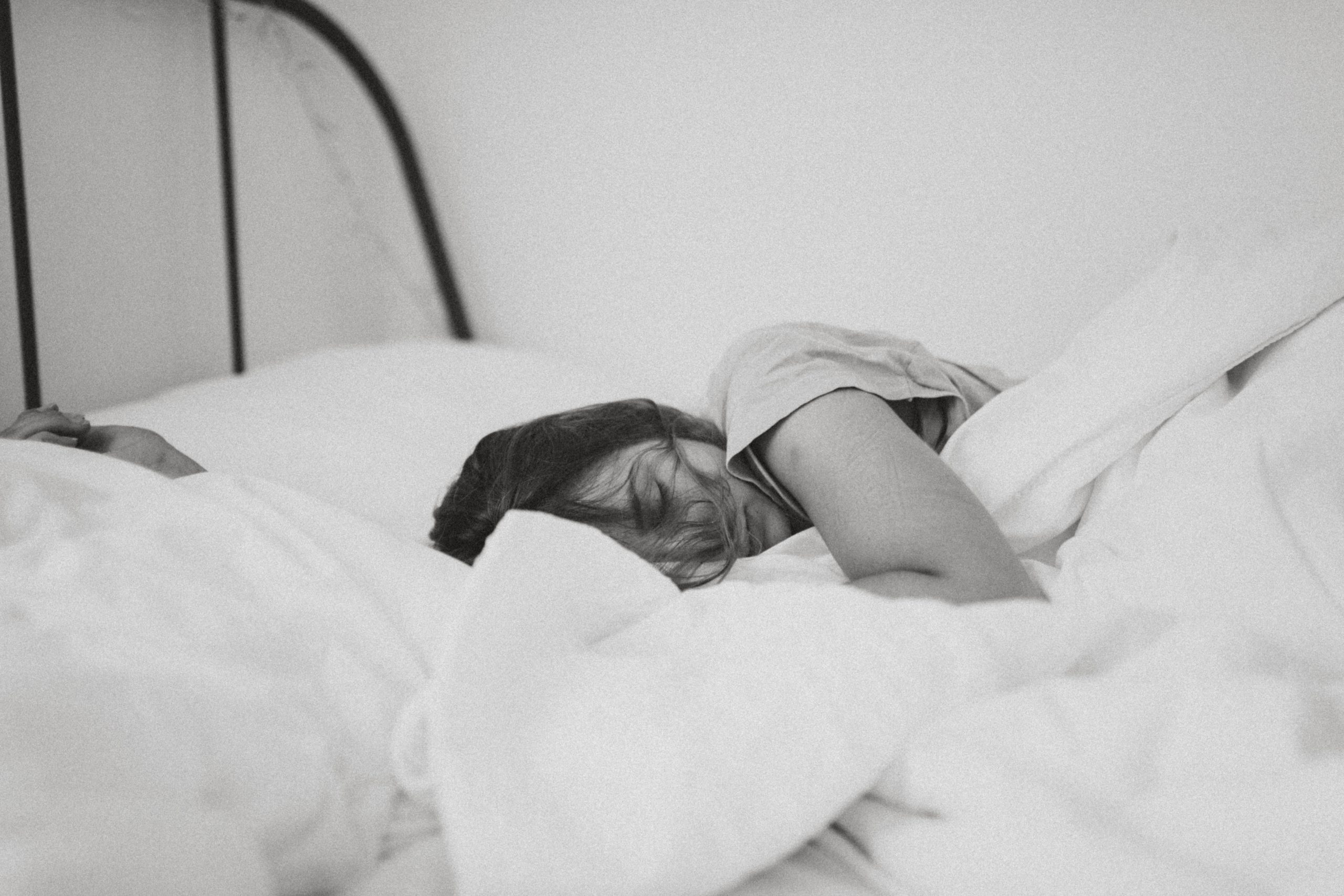The summer of 2022 was one of the hottest to date. Even the breezy summer nights did little to escape the heat, as climate change warms up the planet. Besides causing AC bills to skyrocket, hot summer nights may also affect you in more ways than one. Researchers from Japan have found that high nighttime temperatures can affect your quality of sleep. And increase the risk for sleep disorders. Long terms, warmer nights are comparable to heat stroke.
The team conducted a survey on 1,200 residents living in Nagoya, Japan. Nagoya is a city in the center of Japan that’s known to have one of the largest temperature increases among the top three cities in the country.
Related: Mapped: The 3 Billion People Who Can’t Afford a Healthy Diet
The residents were asked questions on how they slept during the summers of 2011 and 2012. The survey was take 10 days in each respective year and evaluated quality of sleep, how quickly people fell asleep, and whether or not people needed sleep medication while looking for any relationship with daily temperatures.
Survey results showed that when the daytime temperature soared above 76.64 degrees Fahrenheit, people were more likely to have trouble falling and staying asleep. Among all age groups, younger men were often the ones awake on summer nights versus older men.
Health risks
Sleep is essential to health and recovery. So researchers calculated how much the loss of sleep from heat-related issues impacted their lifespan. The number crunching involved the longevity of over 2.2 million residents in the city and the likelihood of premature death or less-than-optimal health. They found that the numbers of health years lost were similar to those who experienced heatstroke.
“We calculated that the [disability-adjusted life year] score for heat-related sleep disturbance was 81.8 years in 2012. Which is similar to the score for heatstroke. That means that the damage to health caused by sleep disorders due to rising temperatures is comparable to that of heatstroke. And must be addressed,” explains Tomohiko Ihara, an associate professor at The University of Tokyo and coauthor of the study, in a university media release. “Sleep disorders increase when the minimum daily temperature exceeds 25 degrees Celsius.”
Related: Half of Doctors Consider Leaving Medicine — Because of Health Insurance
There are several limitations to the study that need to be considered before generalizing the findings to the rest of the world. Two exclusions to study enrollment were children. Who have different sleep schedules and longer sleep cycles than most adults to begin with. As well as people over 70 because of a small population size in this age group. Because the study was based on people’s past experiences of sleeping on summer nights, the researchers could not account for other factors that affect sleep quality. Such as having an air conditioner or preexisting mental health issues.
Despite the limitations, the study authors note the study is a guiding point towards understanding how climate change affects sleep health. And in turn, the future of mankind. “I try to acclimate my body to the heat as much as possible. But when it is unbearable, I turn on the air conditioner both day and night,” adds Ihara. “But this option is not available to everyone. And in the long run, promoting measures to reduce outdoor temperatures, both during the day and at night, will be needed.”
Story attributed to Study Finds.
Interested in our Modern Globe weekly newsletter?
By submitting this form, you are consenting to receive marketing emails from: . You can revoke your consent to receive emails at any time by using the SafeUnsubscribe® link, found at the bottom of every email. Emails are serviced by Constant Contact




























